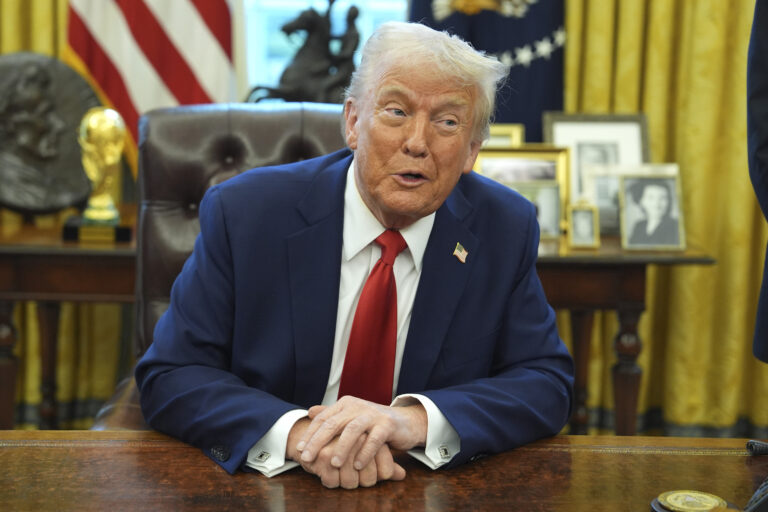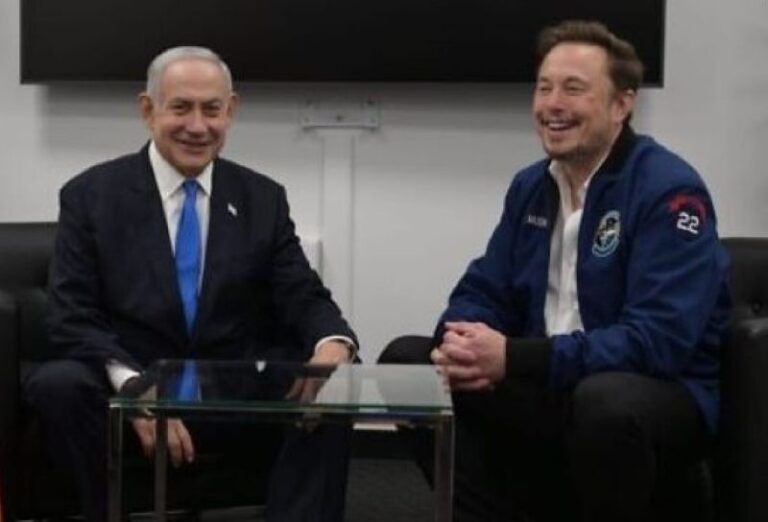 Some House candidates across New York are digging deep into their own pockets this election.
Some House candidates across New York are digging deep into their own pockets this election.
Democrat Aaron Woolf has devoted more than $400,000 of his own money in his race against Republican Elise Stefanik for an open U.S. House seat in northern New York. In the Hudson Valley, Democrat Sean Eldridge has contributed $1.34 million to his bid to unseat Republican U.S. Rep. Chris Gibson, according to the most recent federal campaign filings.
Farther south in the Hudson Valley, Republican Nan Hayworth made contributions and loans to her campaign topping $600,000 as she seeks to regain the seat she lost to Democratic U.S. Rep. Sean Patrick Maloney in 2012. On Long Island, Republican Bruce Blakeman loaned his campaign $700,000 as he runs for a seat held by retiring Democratic U.S. Rep. Carolyn McCarthy, according to campaign records.
Candidates with their own cash are attractive to political parties in an age where a competitive House race can cost well over $1 million. Even if the candidate loses — and most do — self-financers still allow parties to devote finite resources to other races.
“When parties are recruiting candidates, they like to see people who have some personal wealth and might be able to put some of their own money in a campaign,” said Viveca Novak of the Center for Responsive Politics, which tracks political money.
Wealthy candidates have been relying on their bank accounts since the early days of the republic. But recent spending sometimes reaches lavish levels, like when former eBay CEO Meg Whitman devoted about $144 million of her own money on a losing 2010 run for California governor. Self-funding also is common in lower-stakes House races.
Twenty-five House candidates nationwide have reported spending at least $500,000 of their own money in contributions and loans so far this election cycle, according to data from the CRP. That’s close to the average since the 2000 elections.
“Most of these candidates — not all of them but most of them — are really inexperienced in politics,” said Jennifer Steen, a political science professor at Arizona State University who has written a book on self-financing candidates.
And most self-financers are challengers who generally can’t attract big donors with the ease of incumbents. Their wealth can provide an entry into politics not available to people of average means.
Many of the New York candidates tapping heavily into their bank accounts do not entirely fit the self-financer stereotype of a political greenhorn relying almost solely on personal wealth. Hayworth served a term in Congress, and Blakeman is a former county legislative leader who has run for state comptroller and U.S. Senate. Woolf and Eldridge are proficient fundraisers who have received most of their campaign cash from outside sources.
Woolf, asked about self-funding at a campaign stop in Glens Falls this week, said he’s lucky to be in that position.
“I’m asking hard-working people, labor unions, citizens of the 21st District to contribute to my campaign,” said Woolf, a filmmaker married to the granddaughter of a cigar mogul. “And I think it’s right and proper that I should do the same.”
The irony is that while wealth can grease a candidate’s way into a race, it can be a liability on the campaign trail. Only 17 percent of the self-funders identified by the CRP from 2000 to 2012 won the general election for their House seat. On Long Island this year, attorney George Demos put up $2.5 million of his money in a losing Republican primary bid.
Little surprise that Republicans attack Eldridge, who is married to Facebook co-founder Chris Hughes, as a rich dilettante. Eldridge flips that criticism around in a recent TV ad, arguing he has the independence to reject special interest contributions.
Self-funding seems less of an issue in Woolf’s race, where Stefanik was helped by the Karl Rove-backed PAC American Crossroads, which spent $800,000 in blitz of TV ads and mailings to knock off her Republican primary opponent.
One 21st District resident, Tim Reed, said he’s more concerned with candidates relying on corporate donations than their own money.
“I don’t have a huge problem with it as long as they’re open about what they’re spending and where it’s coming from,” Reed said.
(AP)










